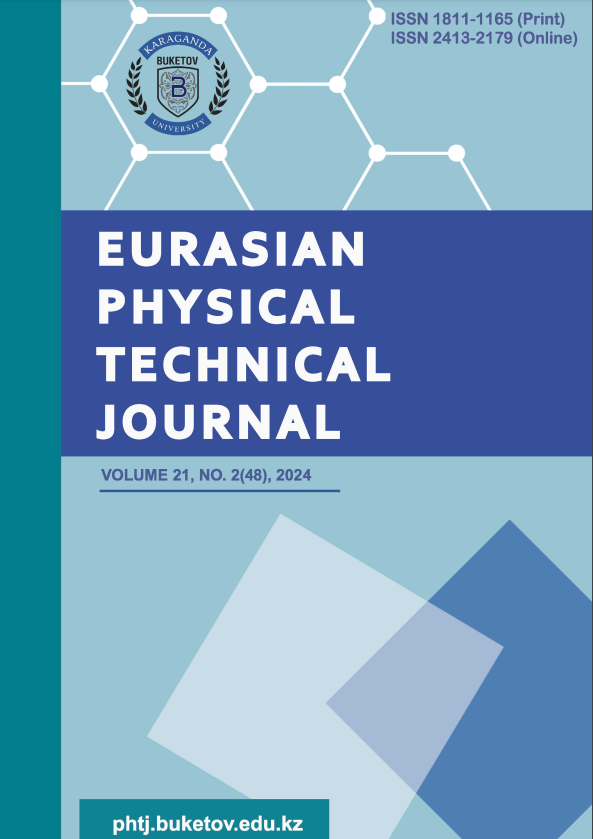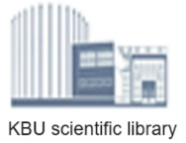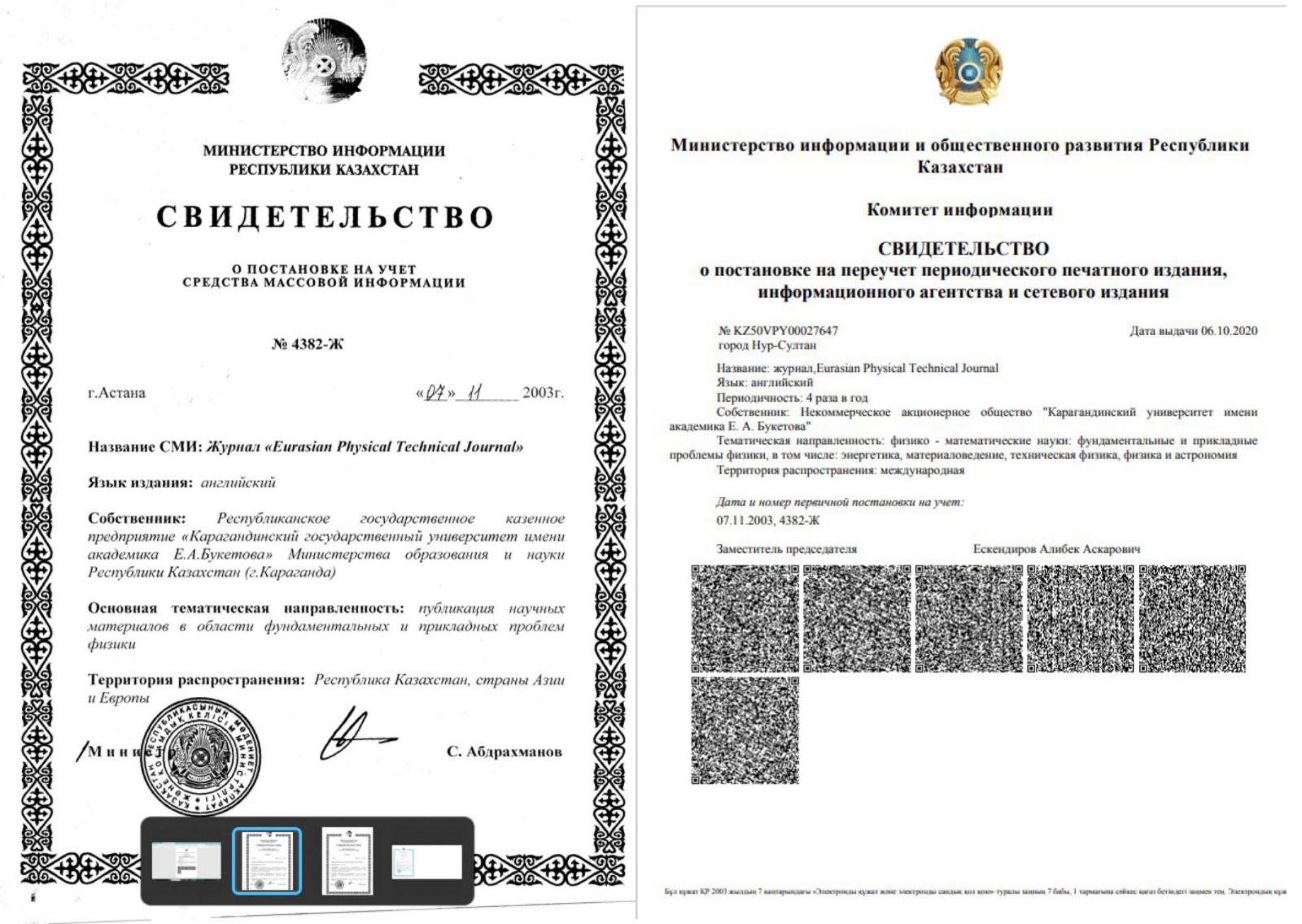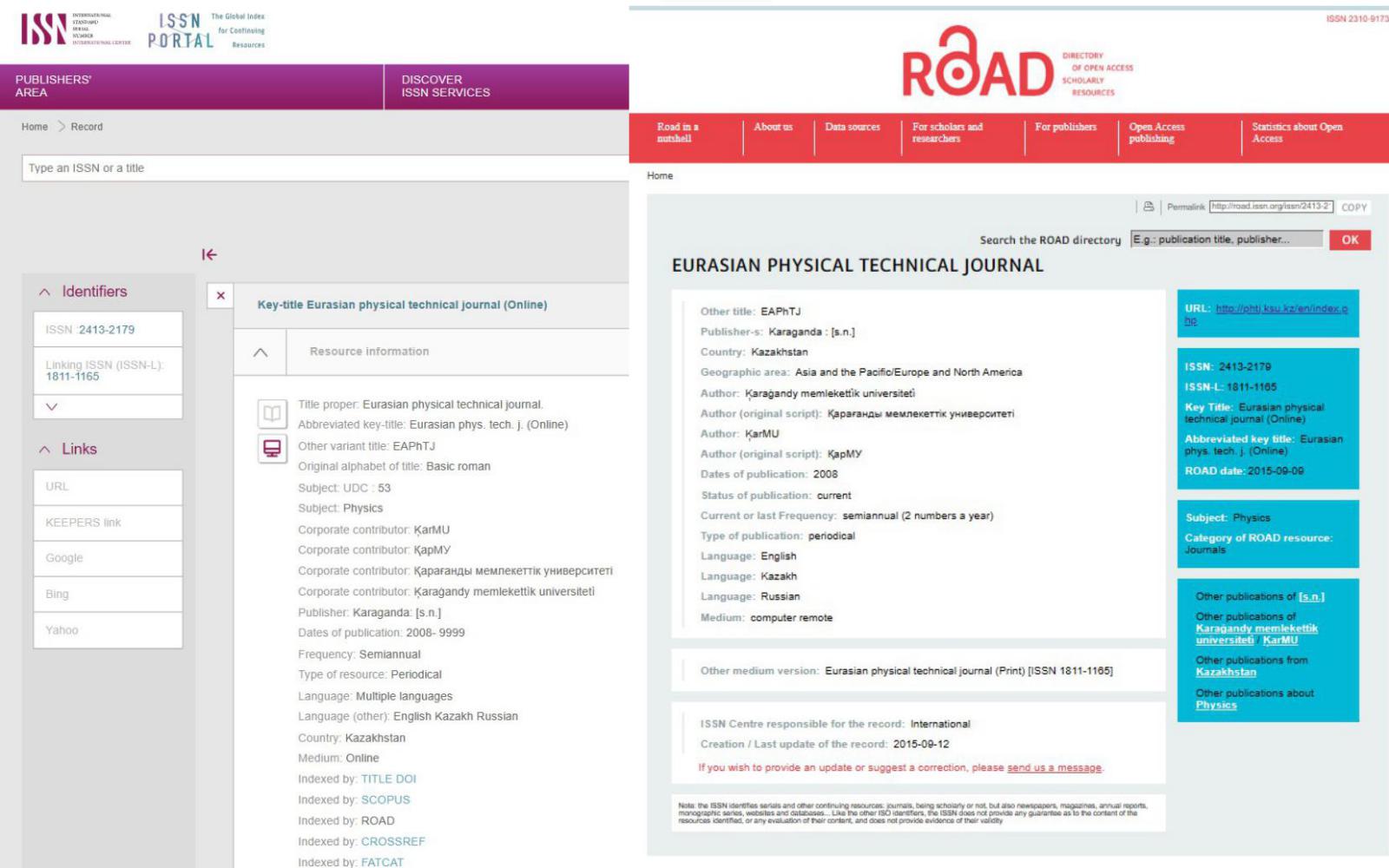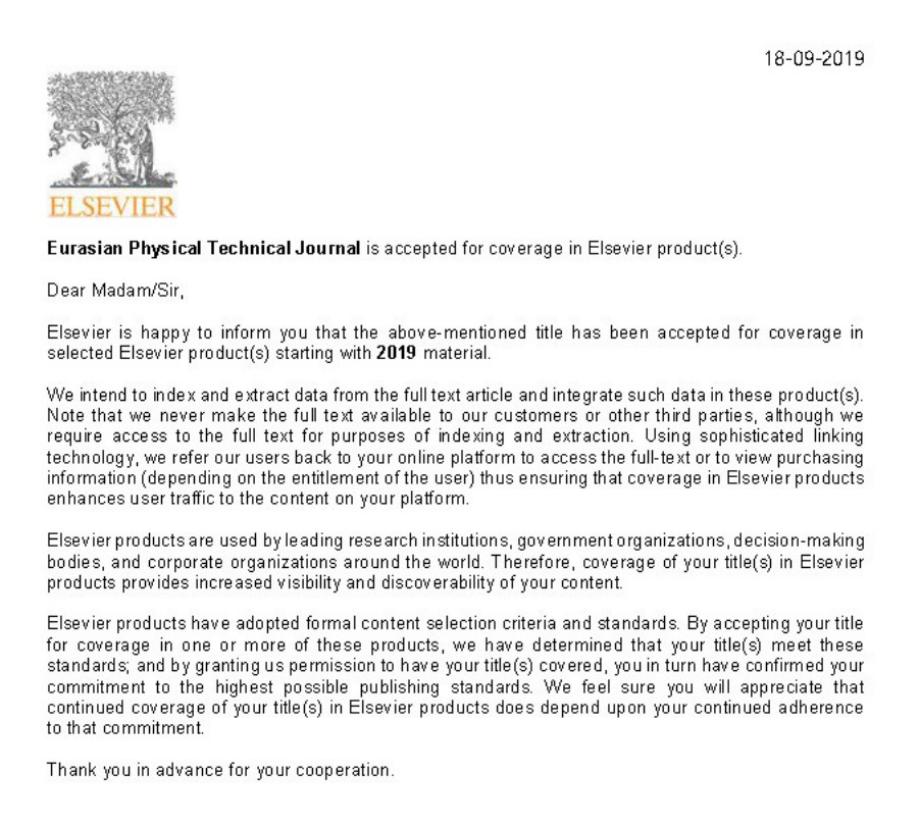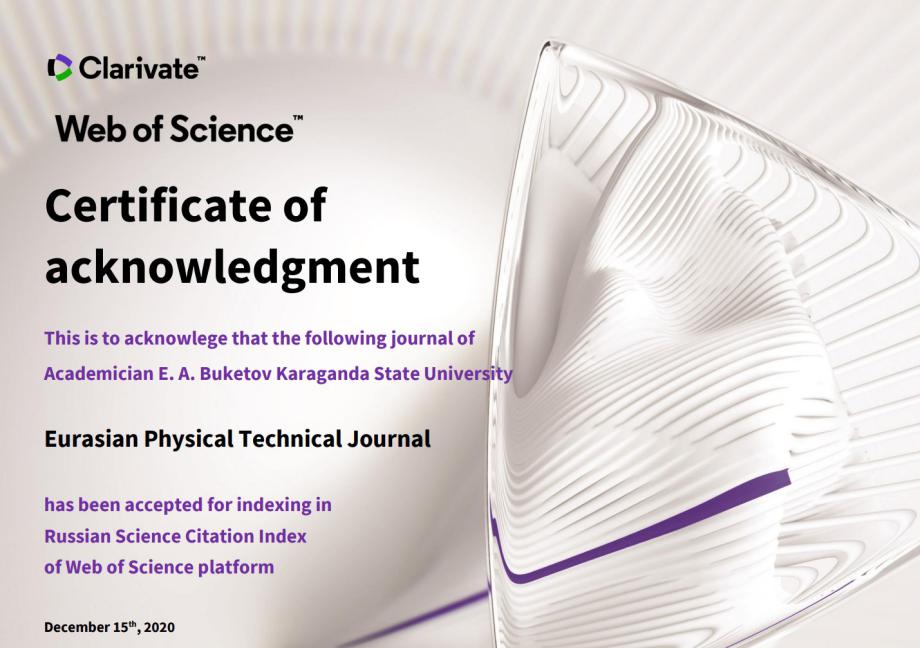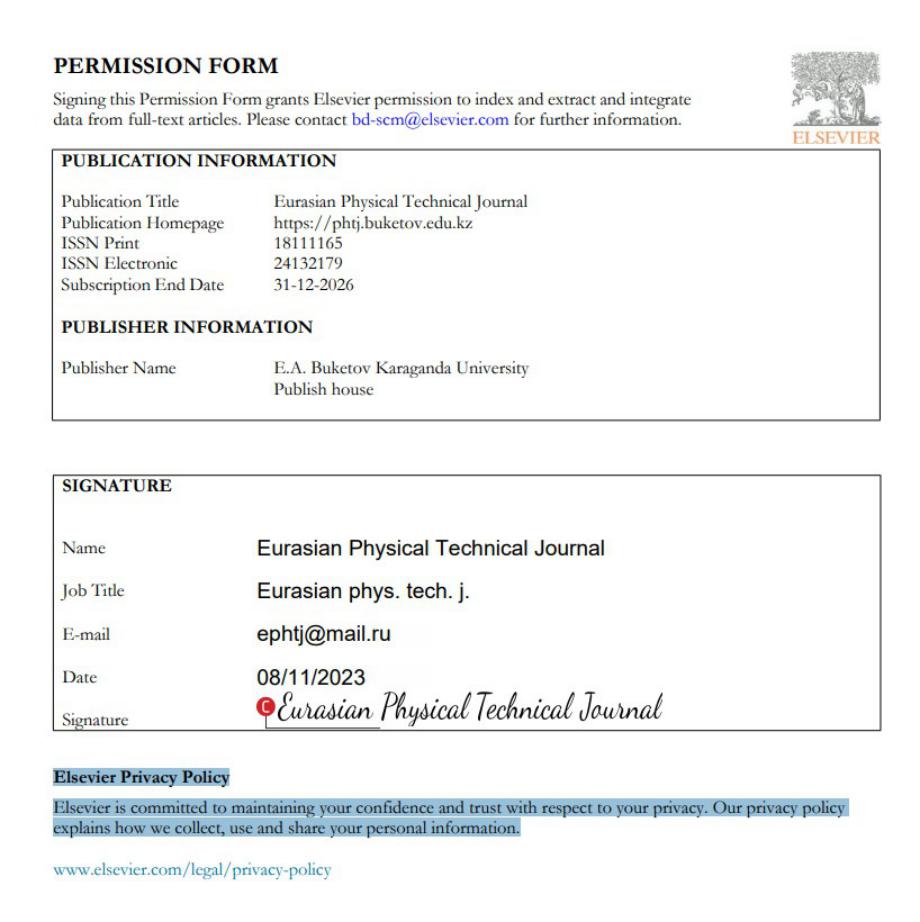MODELING OF NOISE SOURCES LOCALIZATION ON A CONSTRUCTION SITE BASED ON RADIAL MICROPHONE ARRAY AND HIGHEST SIGNAL DIRECTION INTERSECTIONS
DOI:
https://doi.org/10.31489/2024No2/83-91Keywords:
constructionnoise, sound source localization, radial microphone array, highest signal direction, sound monitoring, acoustic mapping, signal processingAbstract
Noise pollution from construction activities affects both workers and nearby residents. This study proposes a new method for localizing noise sources on construction sites. The method uses a radial microphone array and an algorithm based on the highest signal direction intersections. Simulations show this approach can identify noise source locations with relatively decent accuracy. The method localized noise sources within an area of about 180 m² with an average uncertainty of 6 % for single-spot sources. The uncertainties for multiple-spot sources, particularly two-spot sources, were 83.2 % and 6.1 %, depending on the size and number of sources. These results highlight the method's accuracy and its sensitivity to site conditions. Our approach offers lower computational needs compared to existing solutions. Future work will focus on the refinement of the algorithm and integration of IoT technologies for real-time monitoring.
References
Yi Feng C., Md Noh N.I.F., Al Mansob R. (2020) Study on The Factors and Effects of Noise Pollution at Construction Site in Klang Valley. Journal of Advanced Research in Applied Sciences and Engineering Technology. 20(1), 18–26. DOI: 10.37934/araset.20.1.1826. DOI: https://doi.org/10.37934/araset.20.1.1826
Burkhart G., Schulte P.A., Robinson C., Sieber W.K., Vossenas P., Ringen K. (1993) Job tasks, potential exposures, and health risks of laborers employed in the construction industry. American Journal of Industrial Medicine. 24 (4), 413–425. DOI: 10.1002/ajim.4700240407. DOI: https://doi.org/10.1002/ajim.4700240407
Koushki P.A., Kartam N., Al-Mutairi N. (2004) Workers’ perceptions and awareness of noise pollution at construction sites in Kuwait. Civil Engineering and Environmental Systems. 21 (2), 127–136. DOI: 10.1080/10286600310001642839. DOI: https://doi.org/10.1080/10286600310001642839
Suter A.H. (2002) Construction Noise: Exposure, Effects, and the Potential for Remediation; A Review and Analysis. AIHA Journal. 63 (6), 768–789. DOI: 10.1080/15428110208984768. DOI: https://doi.org/10.1080/15428110208984768
Shaikh H.H., Zainun N.Y., Khahro S.H. (2023) Impact of Noise Pollution at Construction Sites of Sindh Pakistan. E3S Web of Conferences. 437, 02003. DOI: 10.1051/e3sconf/202343702003. DOI: https://doi.org/10.1051/e3sconf/202343702003
GOST 12.1.003-2014 Occupational Safety Standards System. Noise. General Safety Requirements.
On Administrative Infractions. The Code of the Republic of Kazakhstan Dated 5 July 2014 No. 235-V. Available at: https://adilet.zan.kz/eng/docs/K1400000235 (May 23, 2024).
Sound Level Meter GM1356. Available at: http://www.benetechco.net/en/products/gm1356.html (May 23, 2024).
EM2030P Portable Online Noise Monitor. Available at: https://www.noisemeters.com/product/sonitus/em2030p/ (May 23, 2024).
Active Environmental Solutions. Invictus Noise Monitoring System. Available at: https://aesolutions.com.au/invictus-noise-monitoring-system (May 23, 2024).
AQBot Noise Sensor Monitoring Device for Industries. Available at: https://oizom.com/product/aqbot-noise-monitor/ (May 23, 2024).
Arbaiy N., Sapuan S.A., Lah M.S.C., Othman M.H.H., Lin P.C. (2019) The Construction Site Ambient Noise Monitoring System with Internet of Things (IoT). Computational Research Progress in Applied Science Engineering. 2019, 5 (4), 118–121.
Badruddin M.B., Hamid S.Z.A., Rashid R.A., Hamsani S.N.M. (2020) IoT Based Noise Monitoring System (NOMOS). IOP Conference Series: Materials Science and Engineering. 884, 1, 012080. DOI:10.1088/1757-899X/884/1/012080. DOI: https://doi.org/10.1088/1757-899X/884/1/012080
Hoshiba K., Washizaki K., Wakabayashi M., Ishiki T., Kumon M., Bando Y., Gabriel D., Nakadai K., Okuno H. (2017) Design of UAV-Embedded Microphone Array System for Sound Source Localization in Outdoor Environments. Sensors. 17, 11, 2535. DOI: 10.3390/s17112535. DOI: https://doi.org/10.3390/s17112535
Kim I.-C., Kim Y.-J., Chin S.-Y. (2022) Sound Localization Framework for Construction Site Monitoring. Applied Sciences. 12 (21), 10783. DOI: 10.3390/app122110783. DOI: https://doi.org/10.3390/app122110783
Kim J.I., Lee J.G., Park C.G. (2008) A mitigation of line-of-sight by TDOA error modeling in wireless communication system. 2008 International Conference on Control, Automation and Systems. 1601–1605. DOI:10.1109/ICCAS.2008.4694487. DOI: https://doi.org/10.1109/ICCAS.2008.4694487
Kwon B., Park Y., Park Y.S. (2010) Analysis of the GCC-PHAT technique for multiple sources. International Conference on Control, Automation and Systems2010. 2070–2073. DOI: https://doi.org/10.1109/ICCAS.2010.5670137
Barnett R.A., Ziegler M.R., Byleen K. (2008) College mathematics for business, economics, life sciences and social sciences, 11th ed. Upper Saddle River, N.J.: Pearson/Prentice Hall, 1042 p.
Utepov Y., Imanov A. (2022) Conceptual model of noise monitoring system for construction projects in cramped conditions, based on sensors and GIS. Technobius. 2 (3), 0025. DOI:10.54355/tbus/2.3.2022.0025. DOI: https://doi.org/10.54355/tbus/2.3.2022.0025
Longhurst R.S.(1967) Geometrical and physical optics (2nd ed.). London, Longman, 622 p.
Comerford P. (2000) David Howard and James Angus, Acoustics and Psychoacoustics. Focal Press, Oxford, 2000. Organised Sound. 2001, Vol. 6, No. 3, pp. 229–232. DOI:10.1017/S1355771801213090. DOI: https://doi.org/10.1017/S1355771801213090
Downloads
Received
Revised
Accepted
Published online
How to Cite
Issue
Section
License

This work is licensed under a Creative Commons Attribution-NonCommercial-NoDerivatives 4.0 International License.

